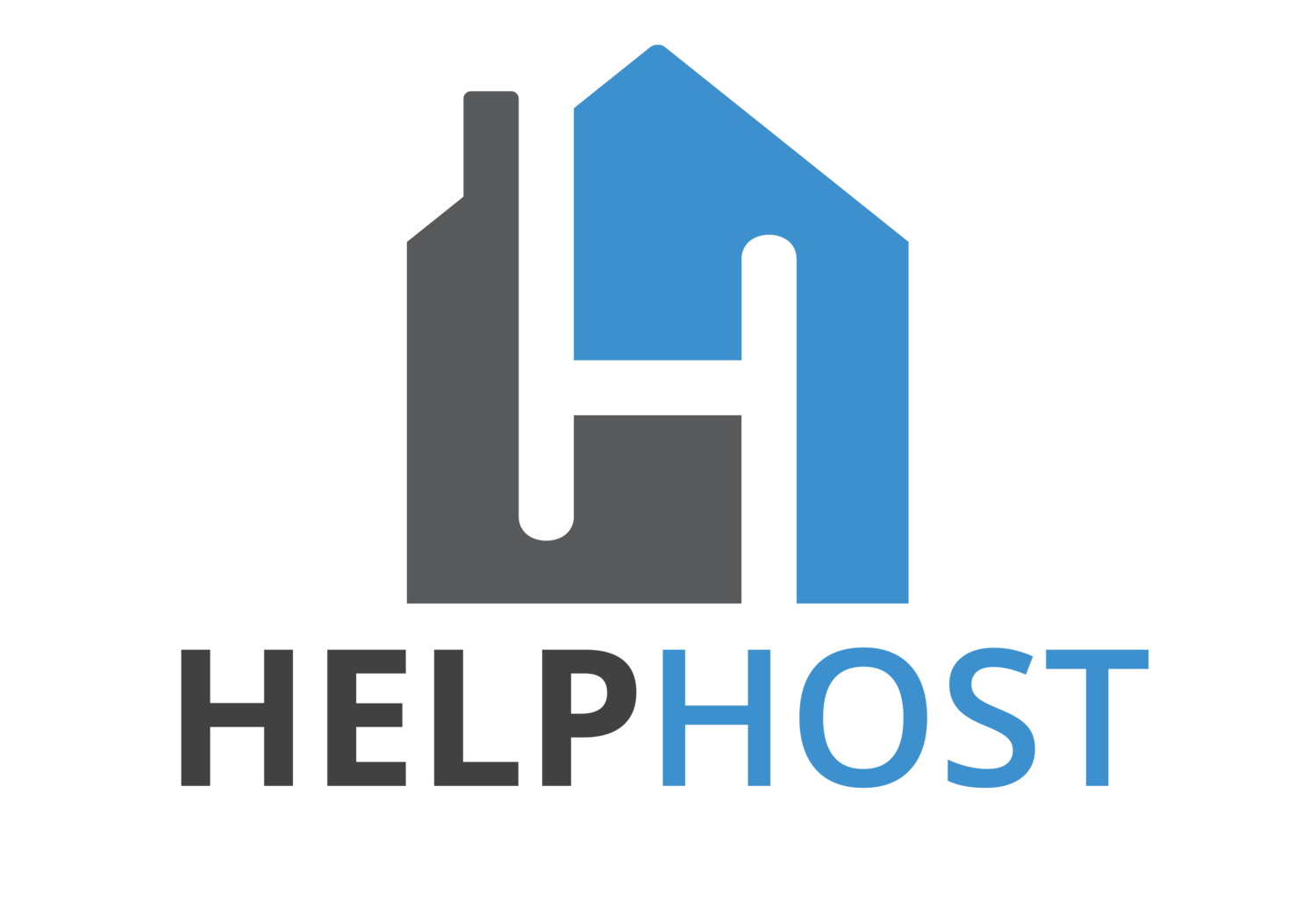Keeping your short term rental compliant in Chicago is not an easy task. If you dig deep into the City archives, you’ll find a 38-page Ordinance governing all short-term rentals. You can find the Ordinance HERE
Before you venture into this market and begin to invest your time and money, here is a run-down of the Ordinance so you are clean and compliant with the City:
Property Types
Single Family Homes: If you own a single family home, the City of Chicago asks that the dwelling unit be designated as the applicant’s primary residence.
2-4 Unit Buildings: If you own a building containing two to four units, the City of Chicago asks that the building be designated as the applicant’s primary residence and no more than one unit in the building be used as a vacation rental.
5+ Unit Buildings: If the dwelling unit is located in a building containing five or more unit dwellings an attestation that: in no more than six dwelling units in the building or one-quarter of the total dwelling units in the building. whichever is less. are or will be used as vacation rentals or shared housing units. in any combination
Registration and Insurance:
If this is your first Airbnb, than you only have to register through the Airbnb website. Airbnb automatically helps you register for your license
If you are interested in putting more than 1 unit on the short-term rental market, a Shared Unit Operator License is needed ($250 - Good for 2 years). In order to get a Shared Unit Operator License, you must go through the BACP web portal and go through their 6 step process.
Insurance
Homeowner's insurance + General commercial liability insurance no less than $1m = ~$500 / year. There are short-term rental insurance companies available, if needed.
Fire code
According to the Fire Code of Chicago, you may have no more than 1 person per 125 SF per dwelling unit.
Safety and Rules When Operating Your Shared Housing Unit
● Clean soap, linens, towels, dishes, and utensils must be provided
● Notification to police of illegal activity is required
● Contact name, license number, and evacuation diagram displaying means of egress must be displayed on all entrances/exits
When you register, what information is shared with the City?
1. The host’s name (this should be the primary resident, not a co-host or business);
2. The address of the unit being registered;
3. The contact information for the host or a local contact person, such as a co-host, including email address and phone number (if available);
4. Whether the unit being listed is a:
Single family home;
Unit in a multi-unit building; and
Whether the listing will make the entire dwelling unit available for rent or a room or portion of the dwelling unit available for rent.
5. Whether the unit being listed is the host’s primary residence. “Permanent occupancy” means occupancy on a daily or nightly basis, or any part thereof, for a period of 32 or more consecutive days. “Transient occupancy” means occupancy on a daily or nightly basis, or any part thereof, for a period of 31 or fewer consecutive days.
Shared Housing Units -Commissioner's Adjustments
(a) The commissioner is authorized to grant an adjustment to allow:
(1) the operation of a shared housing unit located in:
a single family home that is not the shared housing host's primary residence; or
(ii) a building containing two to four dwelling units, inclusive, where the dwelling unit is not the shared housing host's primary residence; or
(iii) in a building containing two to four dwelling units, inclusive, an increase in the number of dwelling units that may be used as shared housing units.
Such an adjustment may be approved only if, based on a review of relevant factors, the commissioner concludes that such an adjustment would eliminate an extraordinary burden on the applicant in light of unique or unusual circumstances and would not detrimentally impact the health, safety, or general welfare of surrounding property owners or the general public.
Factors which the commissioner may consider with regard to an application for a commissioner's adjustment include, by way of example and not limitation:
the relevant geography
the relevant population density
the degree to which the sought adjustment varies from the prevailing limitations,
the size of the relevant building and the number of units contemplated for the proposed use
the legal nature and history of the applicant
the measures the applicant proposes to implement to maintain quiet and security in conjunction with the use
any extraordinary economic hardship to the applicant, due to special circumstances, that would result from a denial
any police reports or other records of illegal activity or municipal code violations at the location
whether the affected neighbors support or object to the proposed use.
(b) A person seeking an adjustment shall make a written submission to the commissioner, presenting all factors which the applicant believes to be relevant to whether an adjustment is appropriate. The applicant shall provide a copy of the written submission to the adjoining neighbors. The commissioner shall review the materials and make a written determination within 60 days, which shall set forth the factors used in arriving at the determination. During the 60-day review period, the commissioner shall notify the affected alderman and solicit a recommendation based on the alderman's analysis of relevant factors, and may seek additional information or supplementary proof from the applicant, and may also solicit information from the community.
If the commissioner denies the application for an adjustment, the applicant, within fourteen days of receiving the denial, may request a hearing from the commissioner. Upon receiving such a request, the commissioner shall schedule and conduct a hearing expeditiously. At the hearing the commissioner may receive written submissions witness testimony, argument and documents regarding the application. The commissioner shall, within thirty days of the conclusion of the hearing, render a decision, which shall constitute a final determination for purposes of judicial review.
May this serve as your outline when looking to invest your time and money into short-term rentals in Chicago. It does not pay to try to skirt the laws because penalties go from $1000-5000 per occurrence. Save yourself the headache and time, and consult with a local expert to make sure you are legal and compliant.



